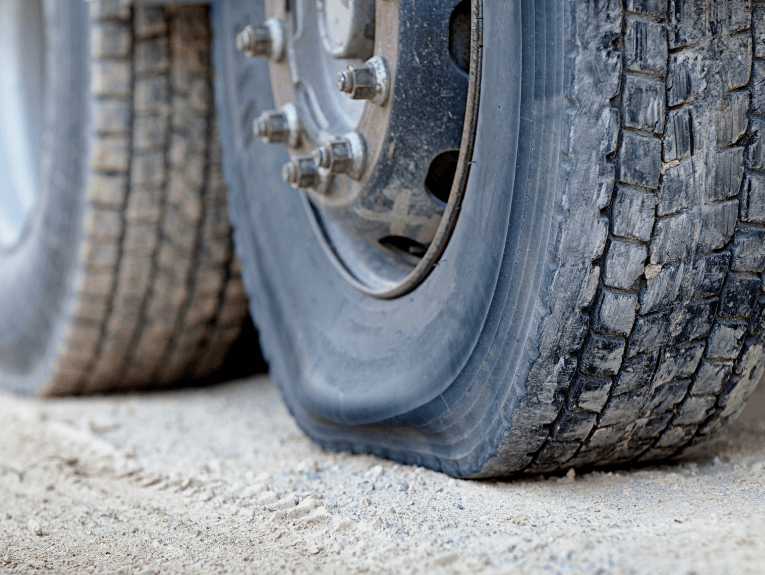Updated July 2022
OTR truck drivers live on the corner of freedom and responsibility. They have the freedom to travel the highways and explore new locations on a near daily basis. They also must obey the rules of the road, listen to their dispatchers, and deliver their loads on time. There are more rules of the road for truckers than for drivers of non-commercial vehicles. These include log books, weight limits, and lane restrictions.
While they have the most spectacular window views and are never confined to a stationary desk, that freedom is carefully recorded and monitored. After picking up a heavy load, truckers head off to the scales to make sure that their weight is within the correct limit and distributed properly. This is routine business. The same goes for carefully monitoring the hours you’ve spent driving and keeping your logbook up to date. These tedious chores ensure that you don’t end up sidelined when you slip through the chicken house and receive an unexpected inspection.
Routine & Flexibility
The average OTR truck driver will typically travel between 80,000 to 110,000 miles per year. They end up sitting behind the wheel for around 450 miles per day. Most company drivers have little control over where their next load will take them. They may rush to hit a tight deadline and then enjoy some downtime while waiting for their turn to unload. You could say they live on the corner of Hurry Up and Wait. It is critical, though, that drivers maintain the willingness to work hard and the flexibility to handle delays and unexpected circumstances.
While trucking requires flexibility in scheduling, most drivers do establish routines that provide some sense of stability. For instance, they establish favorite truck stops in every region of the country. There’s nothing like a friendly face, warm cup of coffee, and a hot shower when you’ve been on the road eating from your personal stash of snacks or at fast-food restaurants for days.
These routines often center around grooming, which is critical for an OTR truck driver. They don’t have direct access to showers but need to remain presentable when representing their company at delivery points. Identifying truck stops with clean showers, laundry facilities, television rooms, and other amenities is important.
Modern Trucking
Trucking life has changed considerably due to technological advancement. Drivers are no longer cut off from their loved ones or forced to talk via pay phone. They can now video chat with loved ones in their downtime. They can receive text messages, emails, and make phone calls from their trucks. This has created a more socially connected trucking world that is healthier for the OTR truck driver as well as those back home missing a truck driver. Connection and Solitude is just another corner on which many drivers now live.
Interested in living the trucking lifestyle? Learn more about our Class A OTR truck driver training programs!




